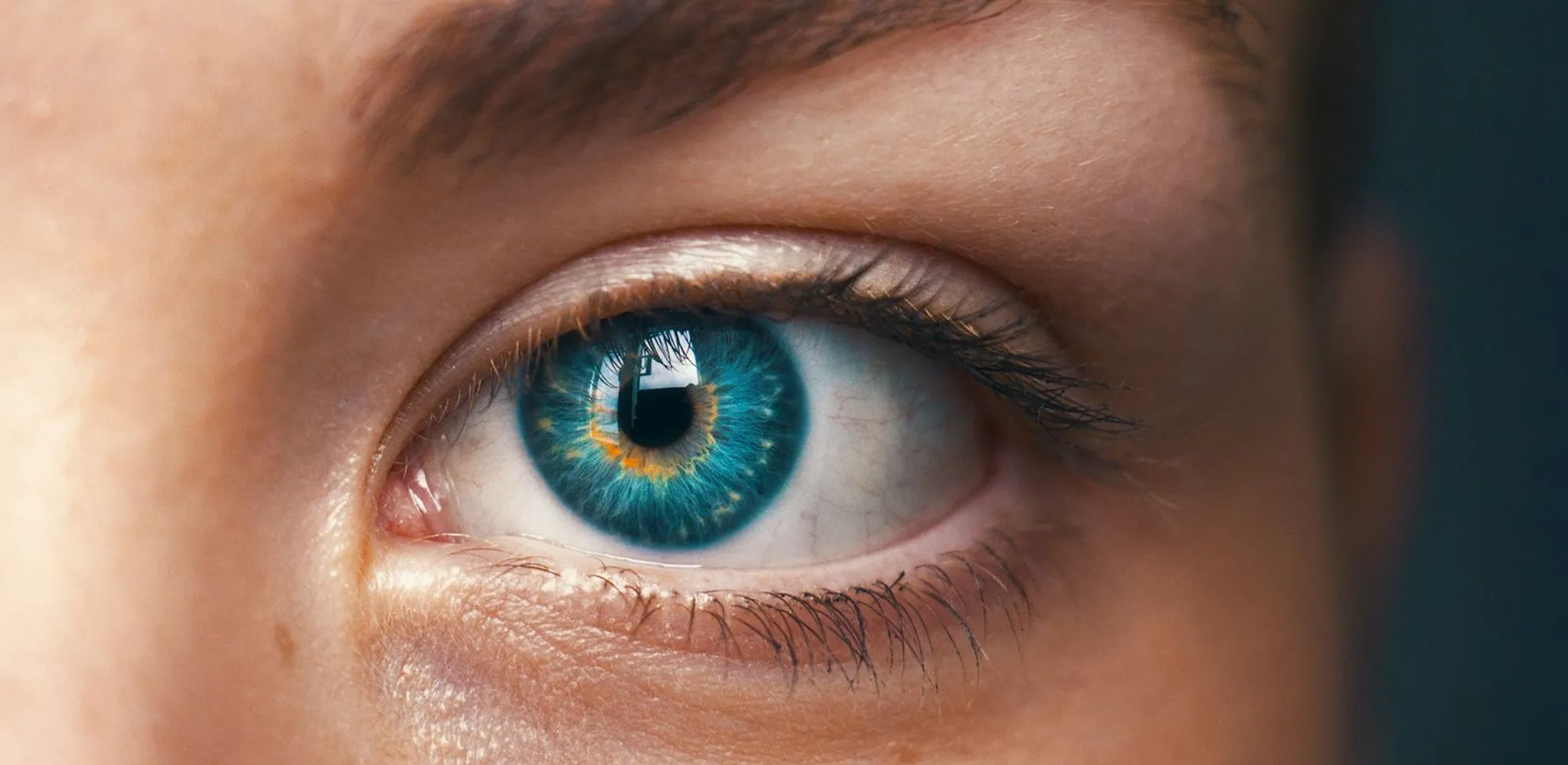Types of Patients We Welcome

NHS Patients
If you’ve been referred by your optician or GP for NHS-funded eye care, you’ll benefit from our high-quality services at no cost. Learn more about the NHS referral process here.
Private and Self-Pay Patients
For those seeking quicker access, personalised care, or premium treatment options, we offer a range of private services tailored to your needs. Find out more about private care here.
Insured Patients
We are accredited by leading private medical insurance providers, ensuring a seamless experience for insured patients. Learn more about using private insurance at CES Medical here.


















